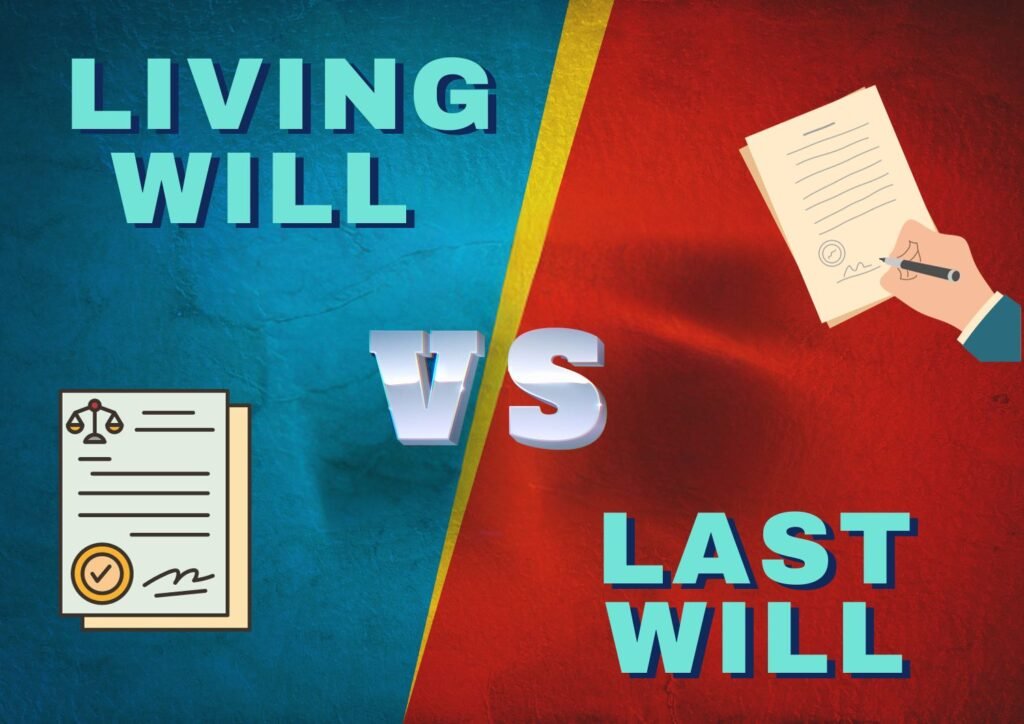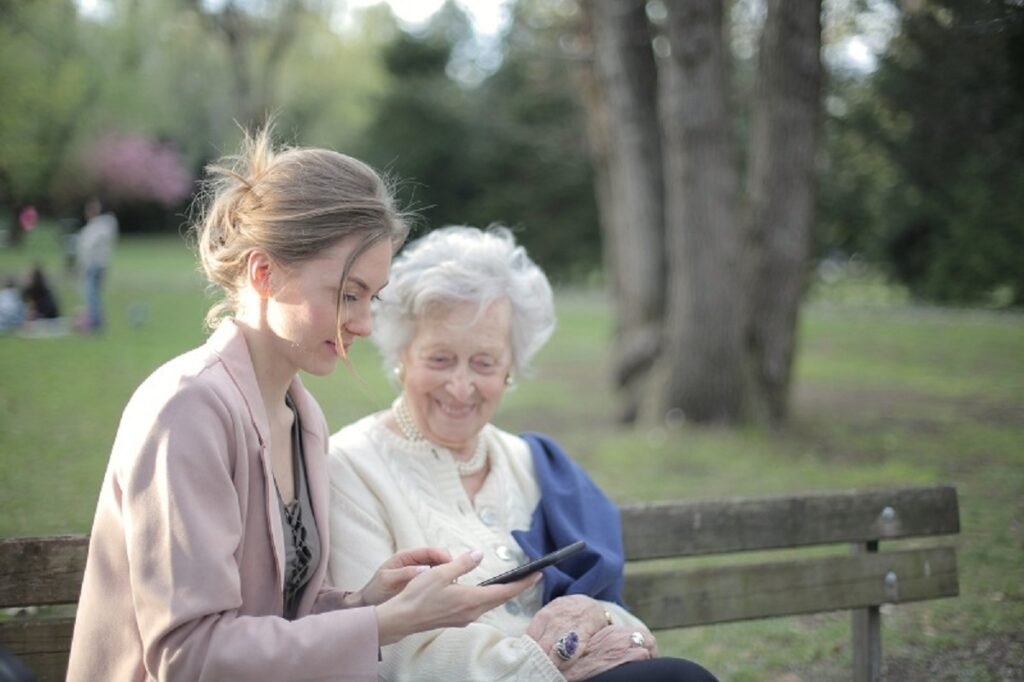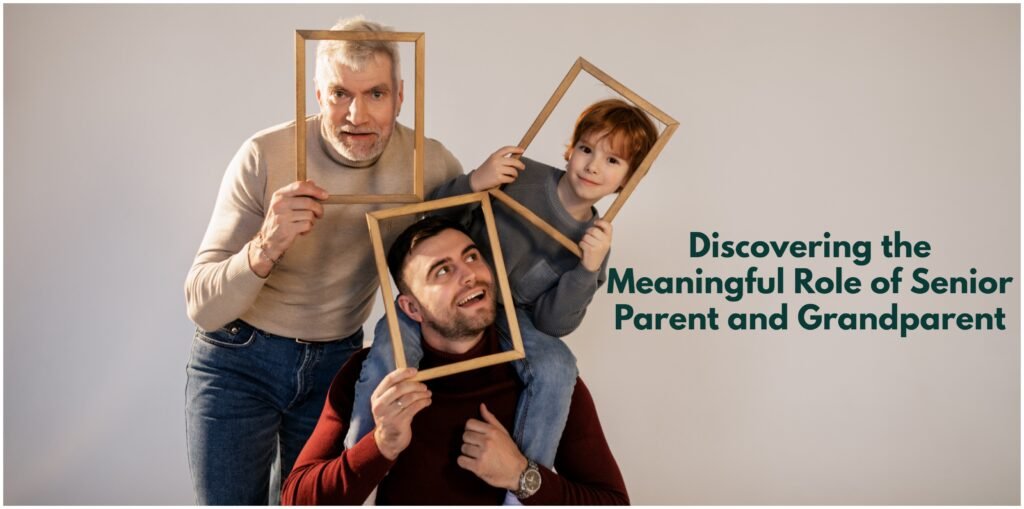Prepared for Anything: Why a Living Will is Your Safety Net

Last Updated on June 30, 2025 by George
A living will, also known as an advance healthcare directive, is a legal document that outlines your healthcare preferences. It acts as your voice when you’re unable to speak. This document details the medical treatments you want to receive or refuse, ensuring your wishes are followed when you can’t communicate them yourself.
Creating a living will may seem overwhelming, but it’s crucial for protecting your future and maintaining your autonomy. It’s about taking charge of your medical decisions, making sure your preferences are clear and respected. This guidance is invaluable for your loved ones during challenging times.
But before diving in, let’s first check how much you know about this topic by taking the quiz below. Click the start quiz button!
Understanding the Importance of a Living Will
Life is full of unexpected twists and uncertainties, so being prepared is essential. Establishing a living will is one of the most proactive and responsible actions.

This document is powerful. It ensures that your medical preferences are honored, even when you cannot voice them yourself. It serves as your voice, expressing your wishes, and guiding your loved ones and healthcare professionals during critical decisions.
Creating a living will might seem overwhelming initially, but it’s crucial to protecting your future and maintaining your autonomy. It’s about taking control of your healthcare decisions, ensuring your wishes are clear and respected, and providing a guide for your loved ones during challenging times.
Prefer to listen rather than read?
Living Wills Explained
It is a legal document that clearly outlines your preferences regarding medical treatments and interventions, especially in situations where you are unable to communicate your wishes. It serves as a guide for healthcare professionals and your loved ones, ensuring that your values and preferences are upheld.
A comprehensive living will should cover a range of medical scenarios and treatments, including resuscitation, mechanical ventilation, tube feeding, and palliative care. It should also clearly state your values and beliefs, guiding your healthcare proxy in making decisions that align with your wishes.
When unforeseen medical situations arise, having a living will in place empowers your loved ones and medical professionals to make decisions that reflect your preferences. It eliminates the guesswork and the emotional burden often placed on family members during critical times.
Differentiating Between a Living Will and a Last Will
It’s essential to grasp the clear distinction between a living will and a last will and testament. Let’s break it down in plain terms: A last will deals with who gets your stuff when you’re no longer here, like your savings, property, and treasured belongings.
On the other hand, a living will is all about what happens when you’re still alive but can’t make your own healthcare decisions, such as during a serious illness or injury.
So, while a last will takes effect after you’ve passed away, a living will springs into action when you’re alive but unable to speak for yourself. This document ensures your medical wishes are followed, covering treatments like CPR, life support, or organ donation.
Understanding this difference is crucial to planning for your future, providing clear instructions for your healthcare while giving you peace of mind. So, when it comes to living wills, it’s all about health, not wealth.

Why a Living Will is Your Personal Safety Net
One of the most significant advantages of having a living will is the power it grants you over your medical care. You get to decide what kind of treatments you want or don’t want, under various circumstances. Here’s more:
Protection of Personal Autonomy
A living will is like having a guardian for your healthcare decisions when you can’t speak up. It’s your way of saying, “This is what I want” in a medical crisis.
Preventing Family Disputes
When it comes to making tough decisions about life-sustaining treatments, things can get pretty complicated, and it can sometimes lead to disagreements within families. But here’s where it comes in as an expert guide, t’s like having a trustworthy voice of reason in the room.
It holds your wishes like an expert and it ensures that what you want is crystal clear to everyone. So, instead of heated arguments or misunderstandings, your loved ones and medical professionals can follow your instructions, making a tough situation a little more bearable.
Easing the Decision-Making Process
A living will provides clarity in moments of crisis, guiding medical professionals and loved ones through the decision-making process. It lightens the emotional load on your family, as they can be confident they are fulfilling your wishes.
When Should You Create a Living Will?
The answer is quite straightforward: right now! The need for a living will doesn’t hinge on your age or the stage of life you find yourself in. Life is full of unexpected twists and turns, and accidents or sudden illnesses can happen to anyone, at any time.
Whether you’re just starting out in your twenties, in the prime of your forties, or savouring your eighties, establishing a living will is a prudent and responsible measure to take in safeguarding your future healthcare.
Life’s unpredictability is a compelling reason to make your healthcare wishes known, regardless of your current health status. This proactive step ensures that your choices are respected and implemented.
This grants you peace of mind and control over your medical decisions when you may need it the most. So, don’t delay; creating a living will is a valuable action that you can take today to secure your health and well-being in the future.
How to Create a Comprehensive Living Will
Creating a living will requires careful consideration and attention to detail. It is essential to ensure that your document is both comprehensive and clear. Let’s dive deeper into this!
Consultation
When you embark on the journey of creating your living will, begin by having a conversation with your healthcare provider or a qualified attorney. This consultation is a pivotal moment, ensuring that you have the right guidance and expertise to make informed decisions.
Your healthcare provider possesses the experience and knowledge necessary to help you understand the various healthcare scenarios and treatments you may want to address in your living will. They can provide insights and recommendations based on their expertise, ensuring that your living will accurately reflects your preferences and values.
Likewise, an attorney, with their legal authority and experience, can guide you through the process of creating a legally sound document. They ensure that your living will adheres to your state’s specific legal requirements, making it legally binding and enforceable.

In summary, the consultation stage is a critical starting point for creating a comprehensive living will. It underscores the significance of seeking guidance from professionals who can offer their expertise and ensure that your document is authoritative and trustworthy.
This expert advice sets the foundation for a living will that truly represents your healthcare preferences.
Understanding Your Options
Start by reflecting on your values and personal preferences regarding medical treatment. Consider different scenarios that might arise, such as a serious illness, a sudden accident, or end-of-life care. Think deeply about the types of treatments you would want or, just as importantly, those you would prefer to avoid.
It’s not just about listing medical procedures; it’s about making decisions that align with your beliefs and values. These decisions can include choices about CPR, life support, organ donation, pain management, and more.
Remember, the goal is to create a living will that provides clear and specific instructions to guide your healthcare decisions when you can’t communicate them yourself. This document becomes your voice, ensuring your values and preferences are respected, making it all the more important to understand your options thoroughly.
Preparing Your Loved Ones
Engaging in a heartfelt conversation with your family about your living will and healthcare preferences is not just compassionate but a profoundly considerate act.
Such discussions ensure that your loved ones are not left in the dark when it comes to your medical choices. Your open communication serves as a beacon of clarity, guiding them on how to support you should a healthcare crisis arise.
These conversations can help avoid misunderstandings and disagreements during emotionally charged times. When your family is well-informed about your wishes, they can act with confidence, knowing they are honouring your decisions.
This understanding fosters unity and trust within the family, providing comfort during challenging moments. This not only eases your family’s burden but also ensures that your preferences are respected. Your family can trust that your living will accurately represents your desires, making a difficult situation more manageable.
Witnesses and Signatures
When it comes to the critical aspect of a living will, ensuring that it is properly witnessed and signed is crucial. Here’s why it matters: Each state has specific legal requirements for a Living Will to be valid.
These requirements can involve the number of witnesses, their qualifications, and the way the document is signed. To make sure your living will holds up legally, it’s essential to follow your state’s guidelines precisely.
Typically, you’ll need at least two witnesses who are not beneficiaries or healthcare providers involved in your care. These witnesses should be present when you sign your living will and must also sign it themselves. Their signatures confirm that you were of sound mind and not under duress when you made your choices.
By adhering to these legal requirements, you ensure that your living will is a robust and legally binding document and that your wishes will be respected in any healthcare situation.

So, be sure to consult with a legal expert to make certain you’re meeting your state’s specific needs in this crucial part of creating your comprehensive living will.
Distribution
When you’ve crafted your living will, sharing it with the right people is vital. Your healthcare proxy, the person you’ve entrusted with making healthcare decisions on your behalf if you can’t, should be the first to receive a copy. This ensures they are fully informed and ready to act according to your wishes.
Additionally, sharing your living will with your loved ones is equally important. While it’s not their responsibility to make decisions, informing them of your choices can prevent misunderstandings and reduce the burden on your healthcare proxy. It also creates an atmosphere of trust and open communication within your family, which can be incredibly comforting during challenging times.
Remember, the more people who are aware of your living will, the better prepared you’ll be. It’s a step that showcases your foresight, expertise, and your commitment to ensuring your healthcare decisions are respected.
Regular Review
Regularly reviewing and updating your living will is a critical aspect of ensuring that it accurately represents your current healthcare wishes and aligns with any changes in your medical condition or preferences.
Think of it as a maintenance check for your peace of mind. Life doesn’t stand still, and neither should your living will. To maintain its relevance and effectiveness, you should periodically revisit and adjust it as needed.
Imagine you initially didn’t want certain treatments, but with time and new information, you’ve changed your mind. Or perhaps your health condition has evolved, and your preferences need to be updated. Without these changes being reflected in your living will, there may be a disconnect between your current wishes and what the document states.
By keeping it up-to-date, you ensure that it serves as your true voice during critical medical decisions, and you can trust that your healthcare choices are faithfully followed. So, remember, a living will isn’t a one-and-done task; it’s a living, evolving document that should grow with you and your changing needs.
Is a Living Will Legally Binding?
Absolutely, a living will is legally binding, but the rules can differ from one state to another. To ensure your living will is valid and enforceable, it’s vital to seek advice from a legal expert who knows the specific laws in your state. Legal requirements, you see, can be a bit like a puzzle, with each piece fitting uniquely depending on where you are.
Picture it this way: each state is like its own world when it comes to legal matters. What’s perfectly valid in one might not be in another. So, it’s like navigating through a maze, and having that legal expert by your side is your trusty map.
They’ll make sure you’re on the right path, helping you avoid any legal roadblocks, and ensuring that your living will does exactly what you want it to do. So, yes, it’s legally binding, but only when you’ve got the right guidance for your particular state.
Conclusion
In summary, a living will is not just a legal document; it’s your safety net. It grants you the power to make crucial healthcare decisions, provides emotional support, and eases the burden on your loved ones during challenging times.
It is a vital document, ensuring that you are prepared for any medical scenario, safeguarding your autonomy, and providing peace of mind to both you and your loved ones. It is a clear expression of your wishes, a guide for your healthcare proxy, and a source of strength in uncertain times.
Embarking on the journey of creating a living will is a proactive step towards securing your future and ensuring that you are prepared for anything. It’s a testament to your resilience, a safeguard for your autonomy, and a crucial part of responsible adulthood.
Don’t wait for uncertainty to strike; take control of your future today!
Frequently Asked Questions
- What is the primary purpose of a living will?
- Its primary purpose is to allow individuals to express their healthcare preferences in advance, specifying the medical treatments they would like to receive or refuse.
- Is a living will only for the elderly or terminally ill?
- No, it is for anyone, regardless of age or health status.
- Accidents and unexpected illnesses can happen at any time, making it important to have one in place.
- Can I change my living will once it’s created?
- Yes, you can and should update your living will when circumstances change, or you have new insights into your healthcare choices.
- Regular reviews ensure it accurately reflects your current wishes.
- What’s the difference between a living will and a last will and testament?
- A living will addresses healthcare decisions and treatment preferences.
- While a last will and testament outlines how you want your assets distributed after your passing.
- Do I need a lawyer to create a living will?
- While it’s not mandatory to have a lawyer to create a living will, consulting with one can be beneficial.
- They can help ensure that your living will meets all legal requirements and truly reflects your wishes.
- What happens if I don’t have a living will and I become incapacitated?
- Without a living will, decisions about your medical care are typically made by family members or medical providers.
- This could lead to choices that don’t align with your preferences, highlighting the importance of having a living will.
- Can it cover my preferences for organ donation?
- Yes, you can include your wishes regarding organ donation in your living will.
Disclaimer
The content provided on MySeniors.World is for informational purposes only and is not intended as either financial or medical advice. Always consult a qualified professional before making any investment or health-related decisions.
Posts may contain affiliate links, meaning we earn a commission – at no additional cost to you, if you click through and make a purchase. Your support helps us continue providing valuable content.





